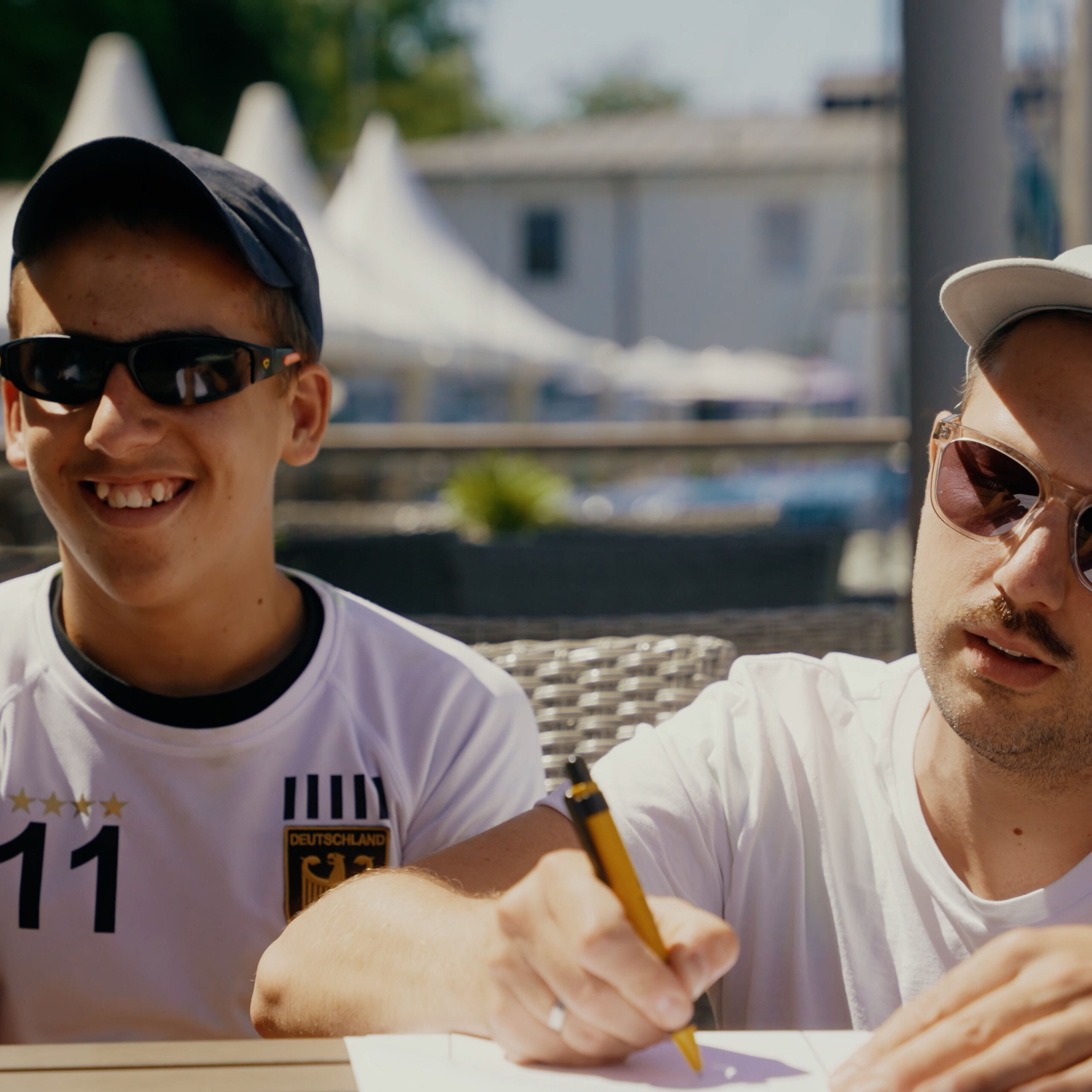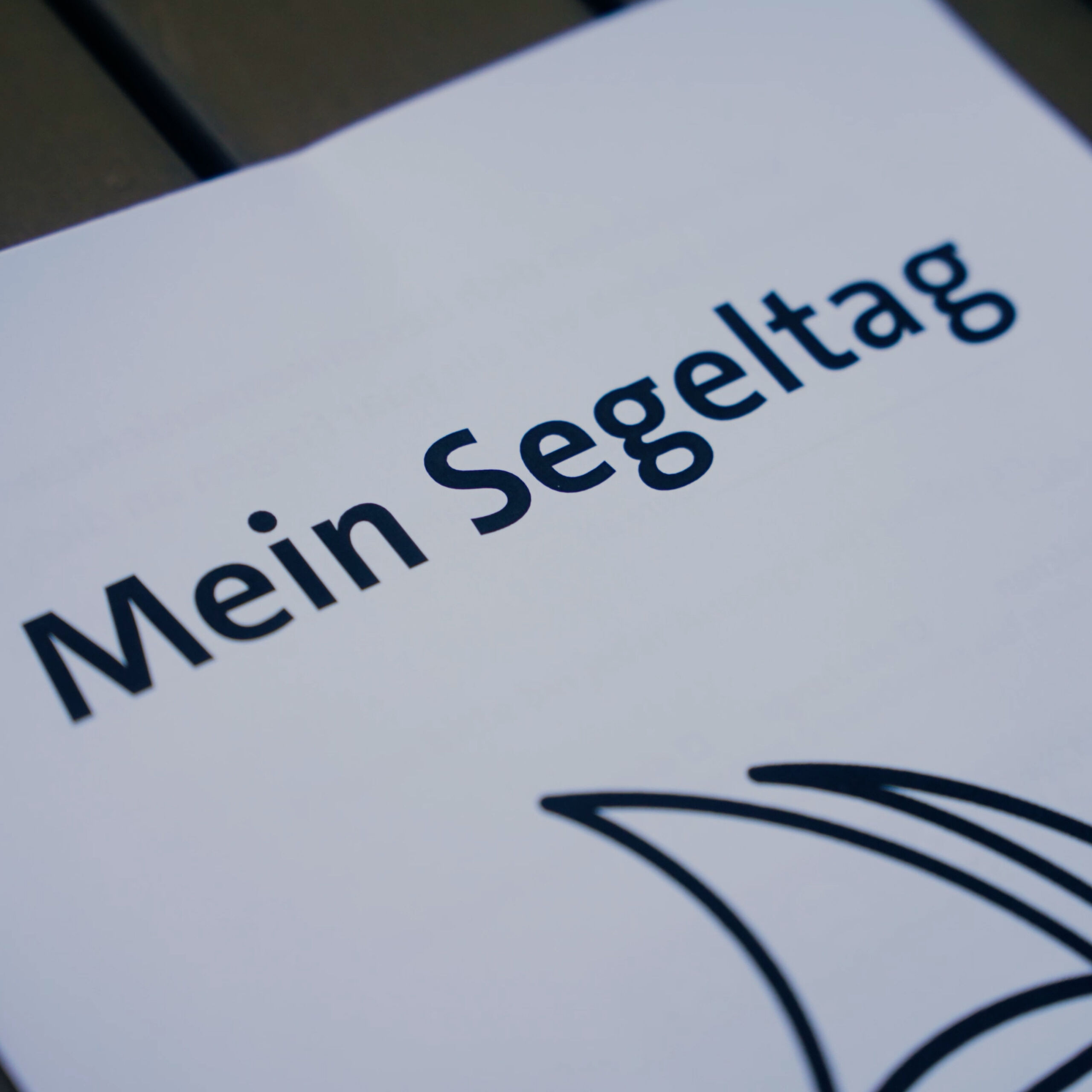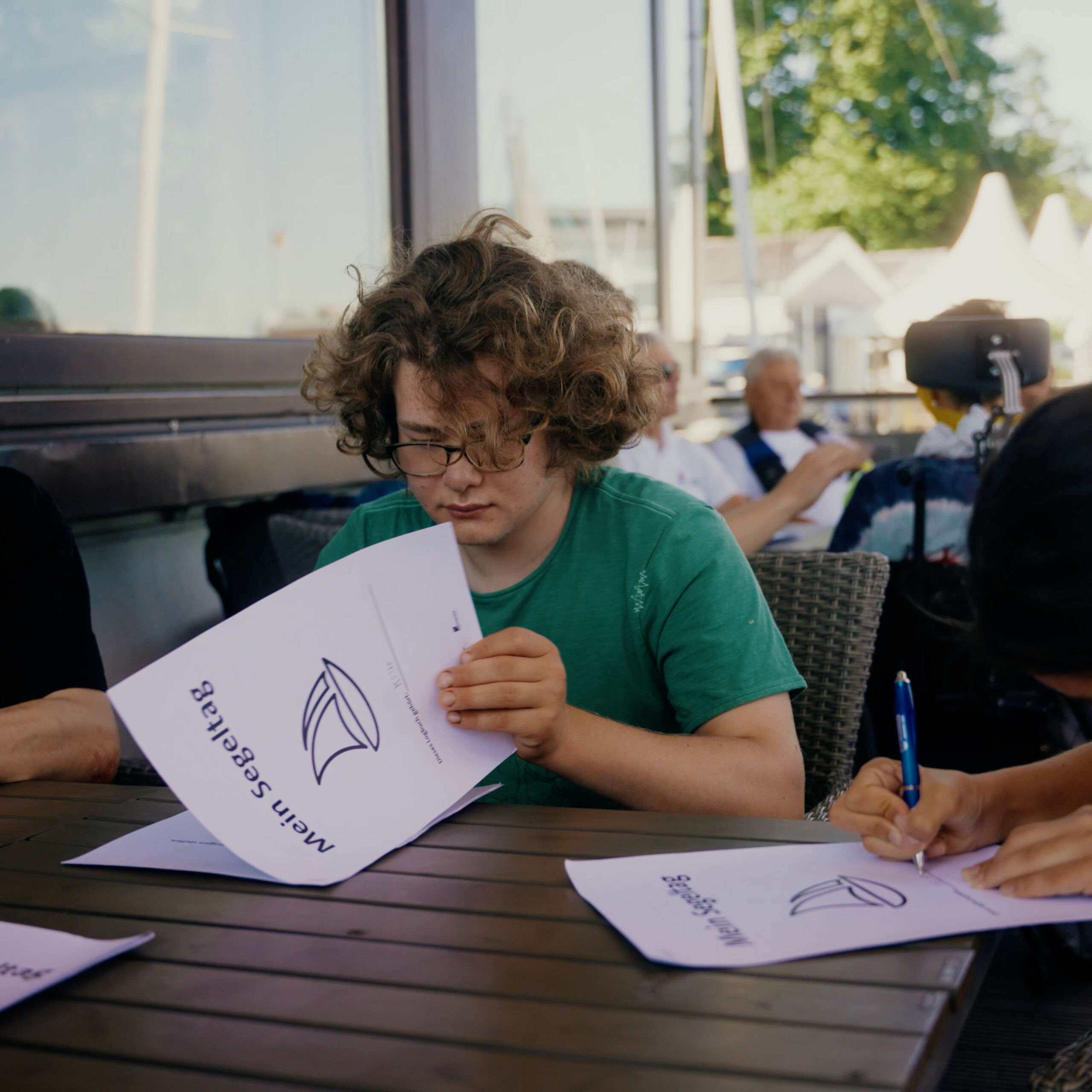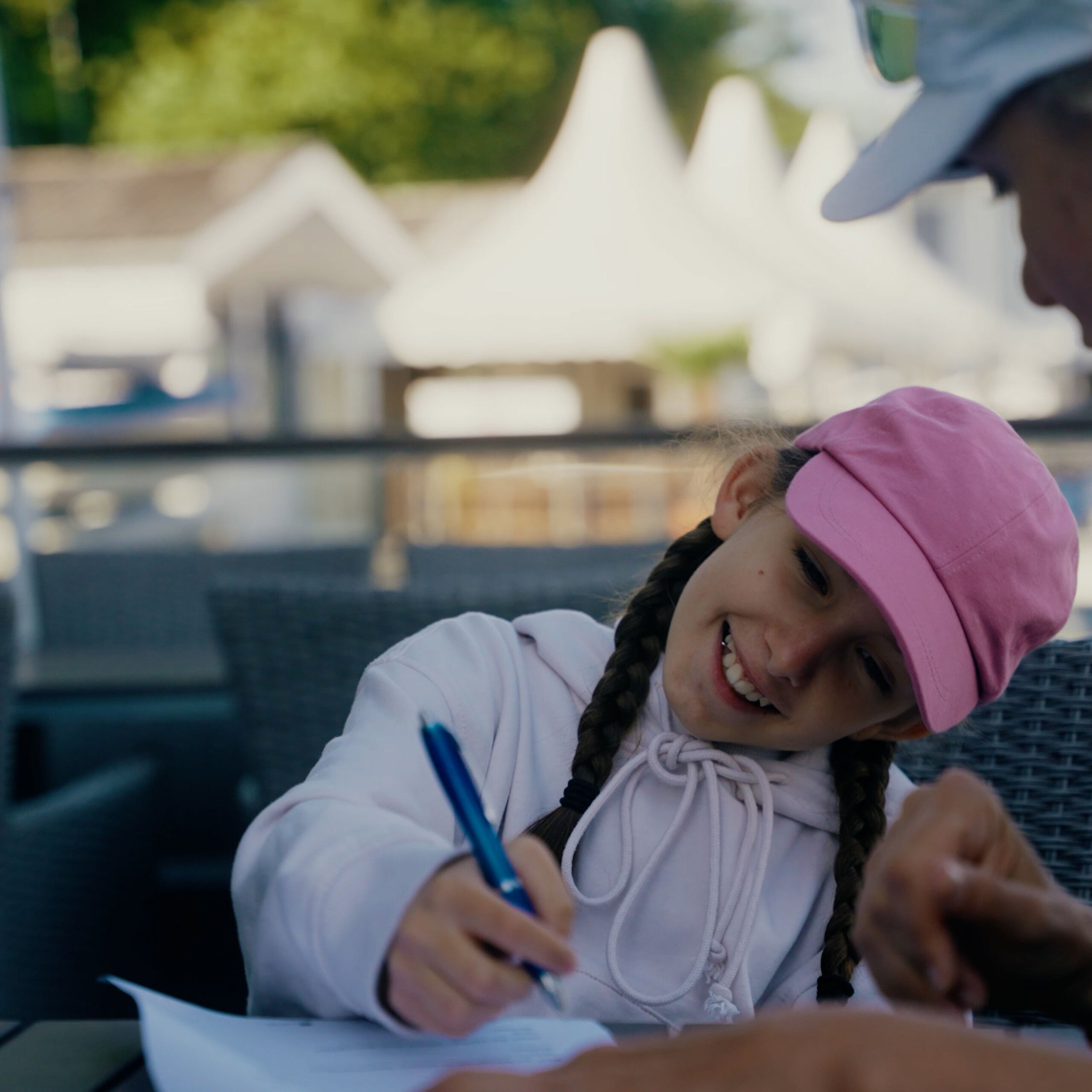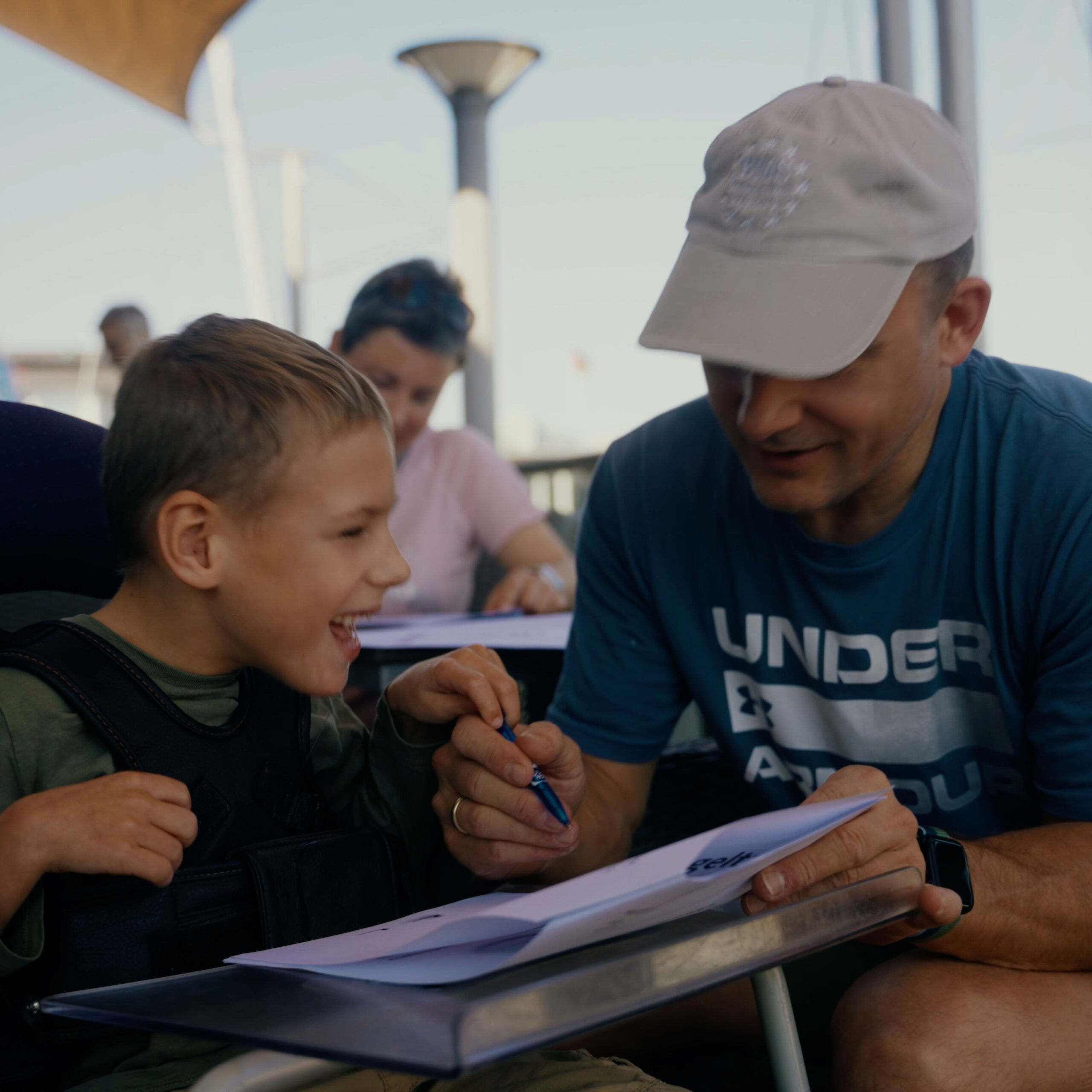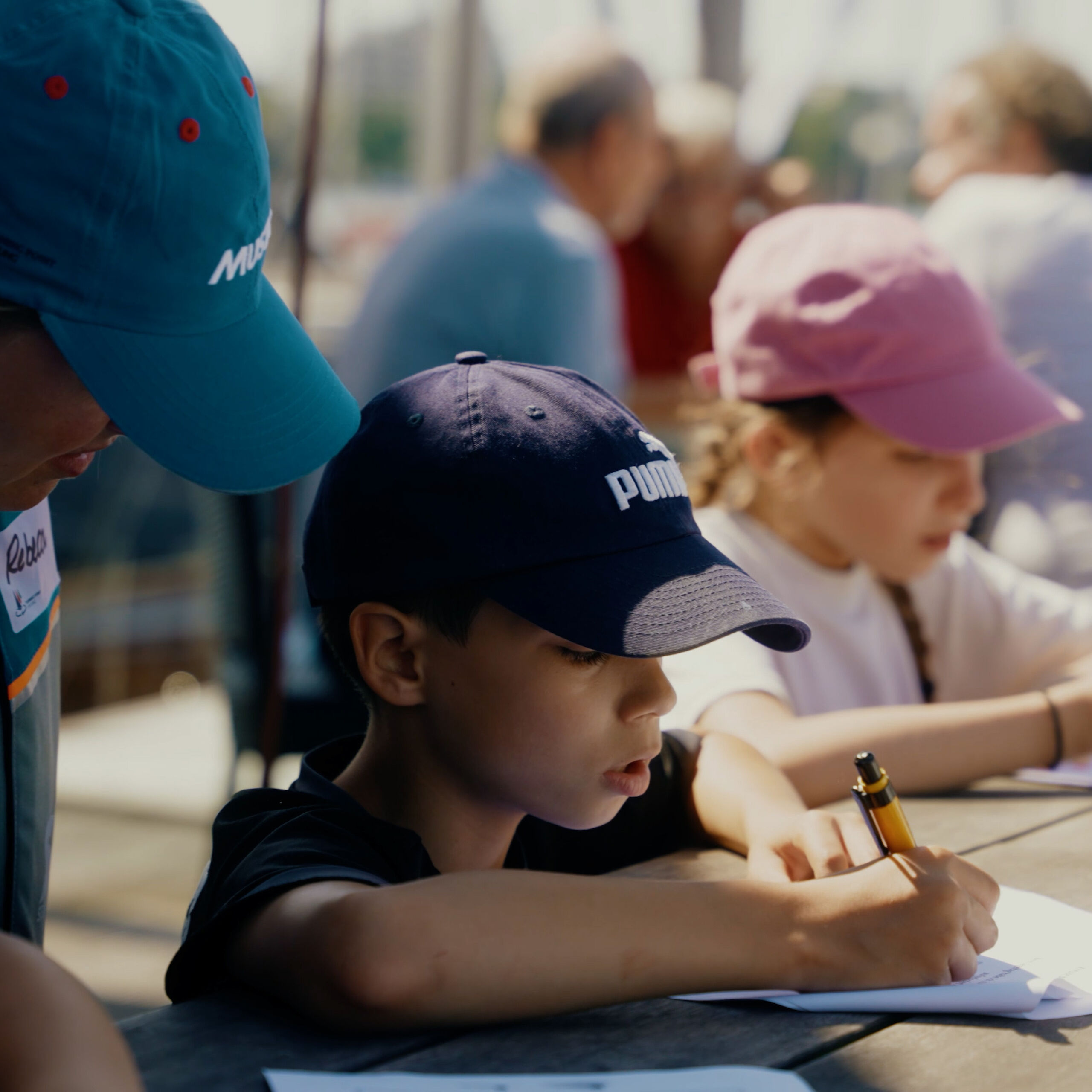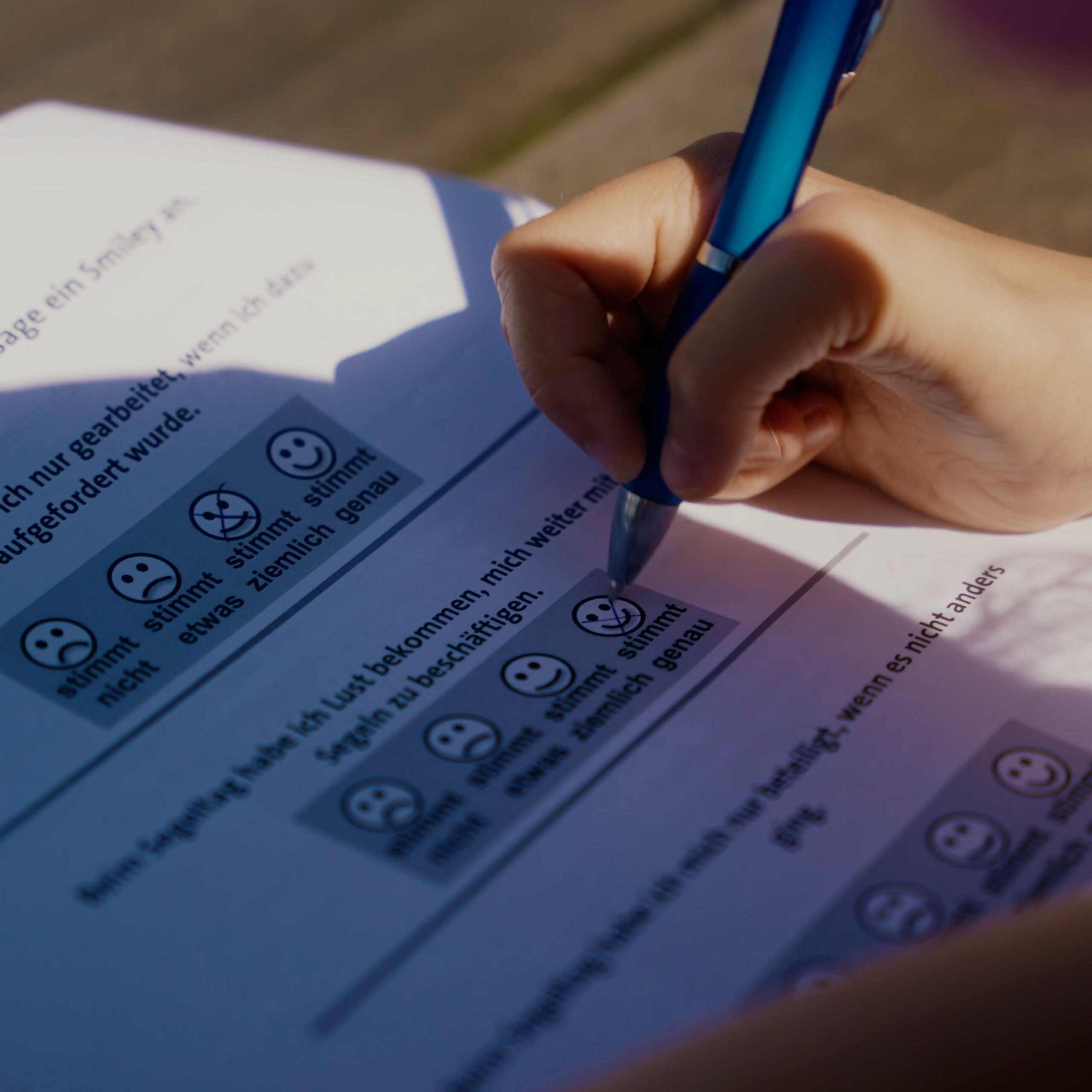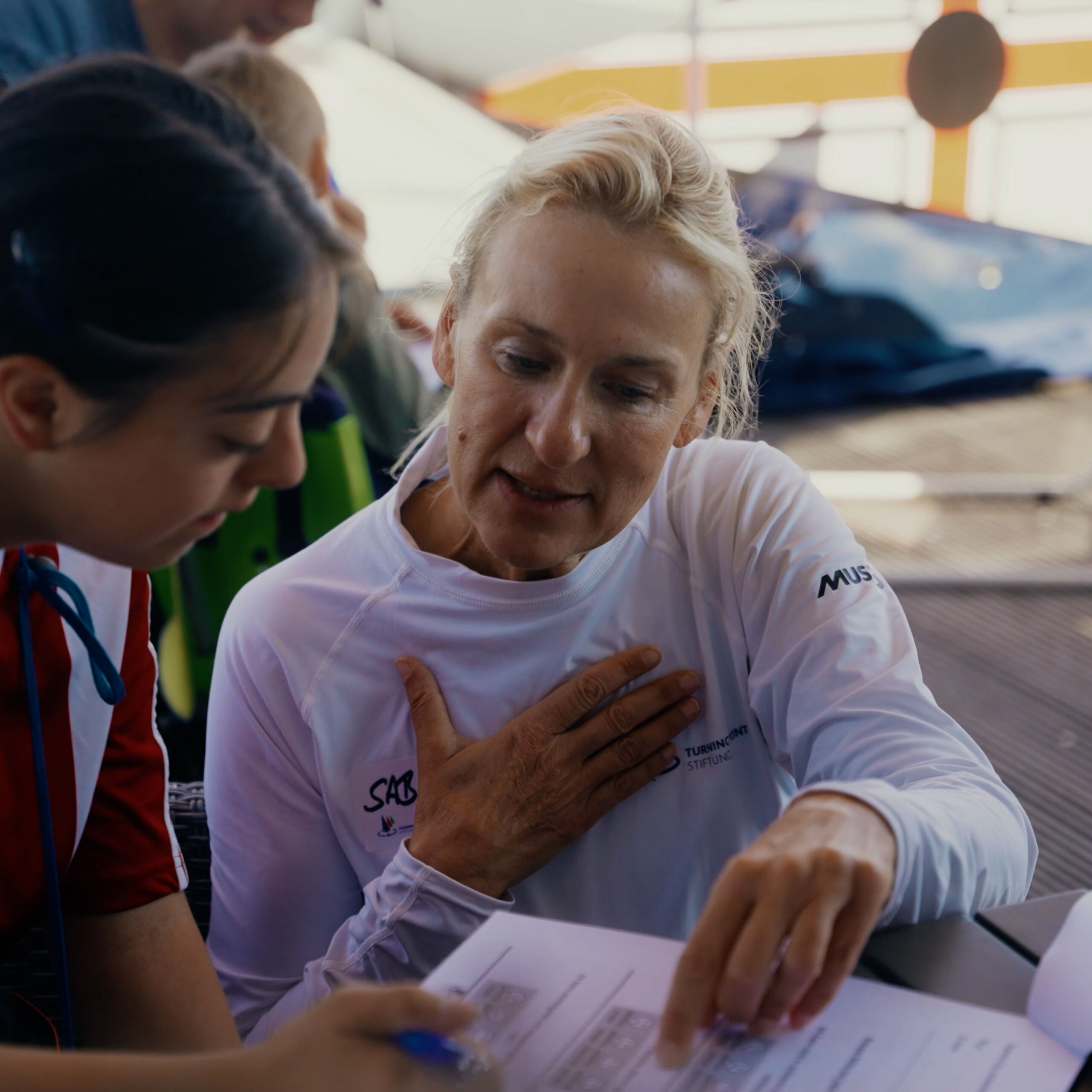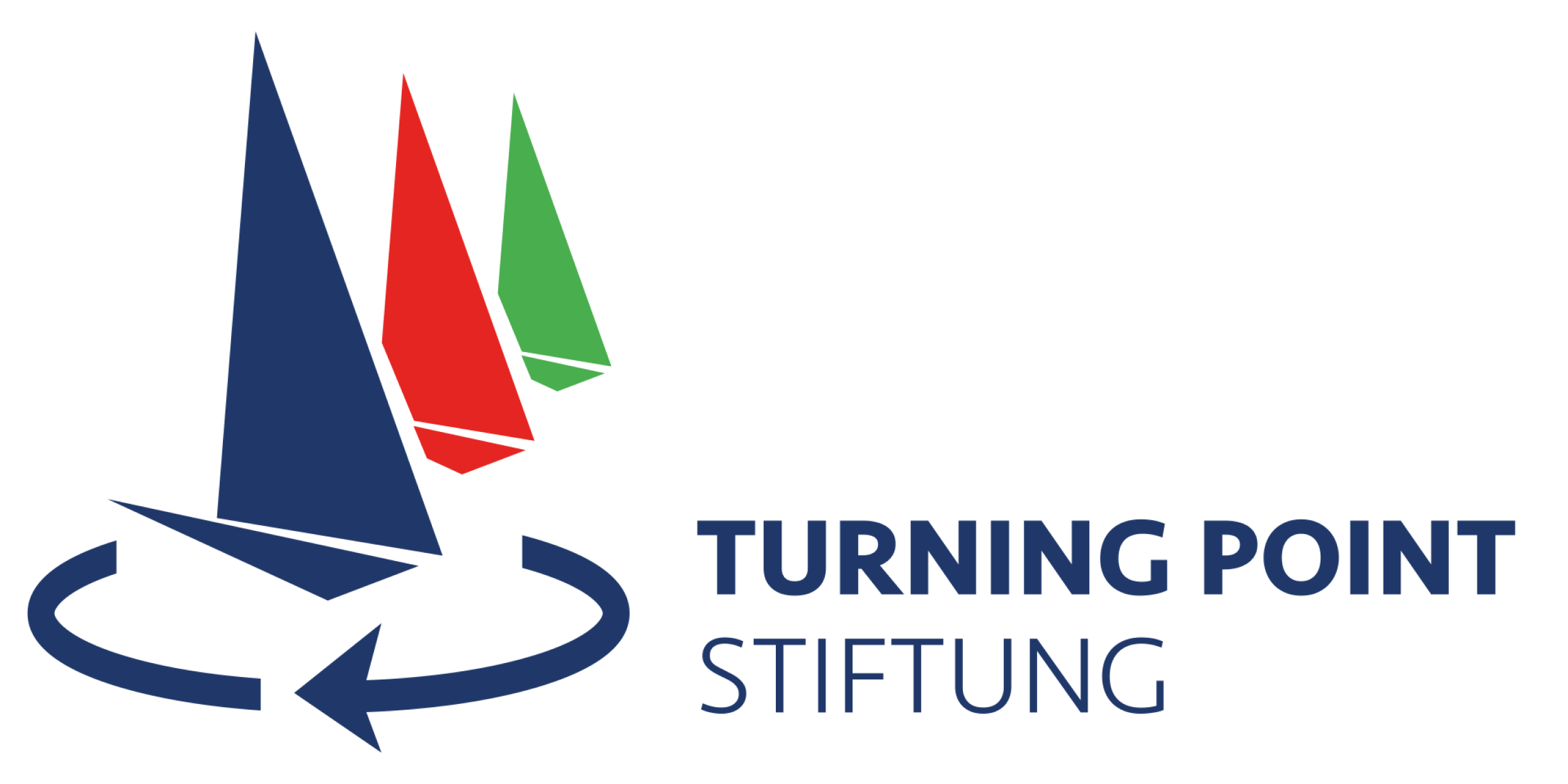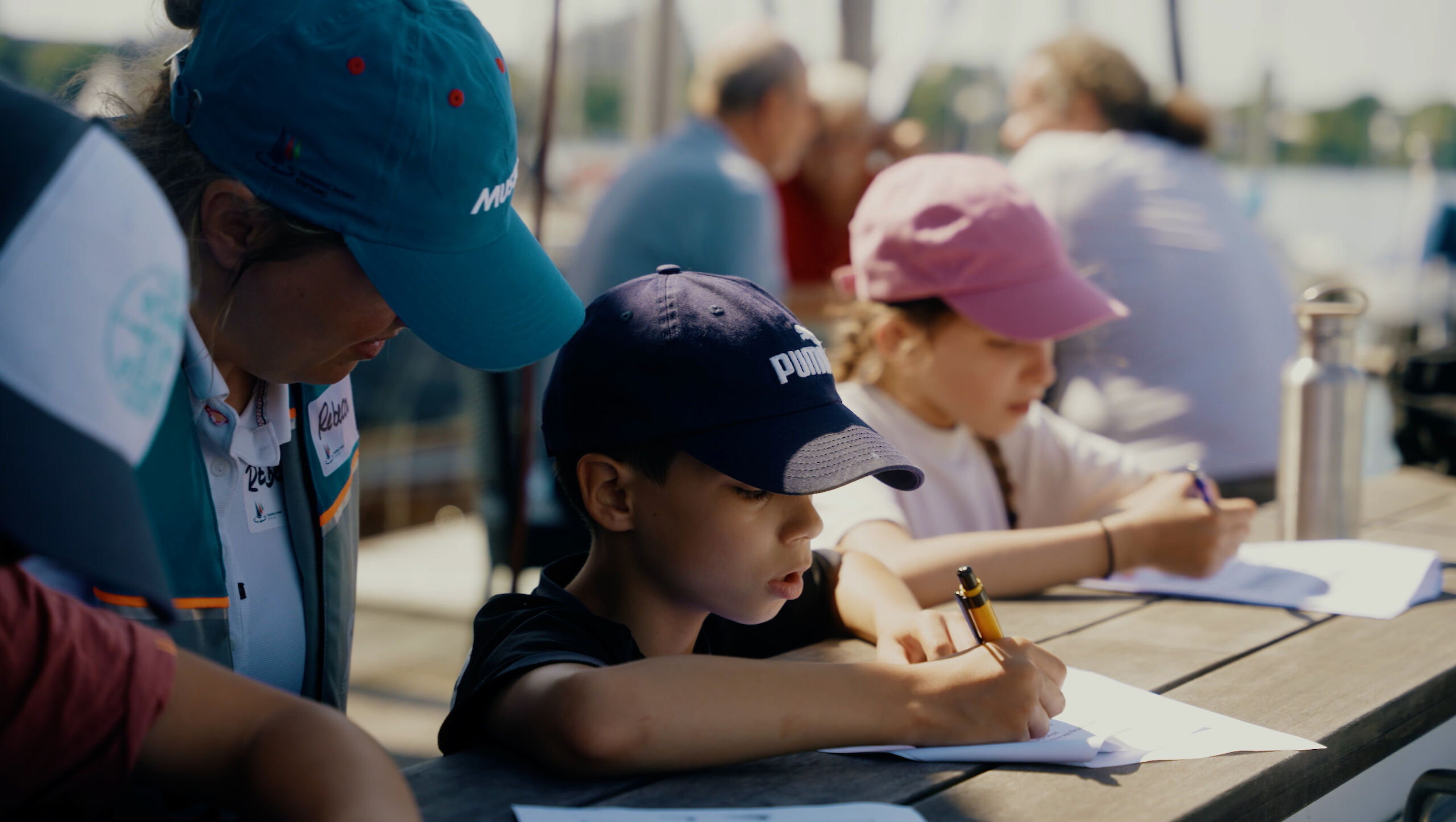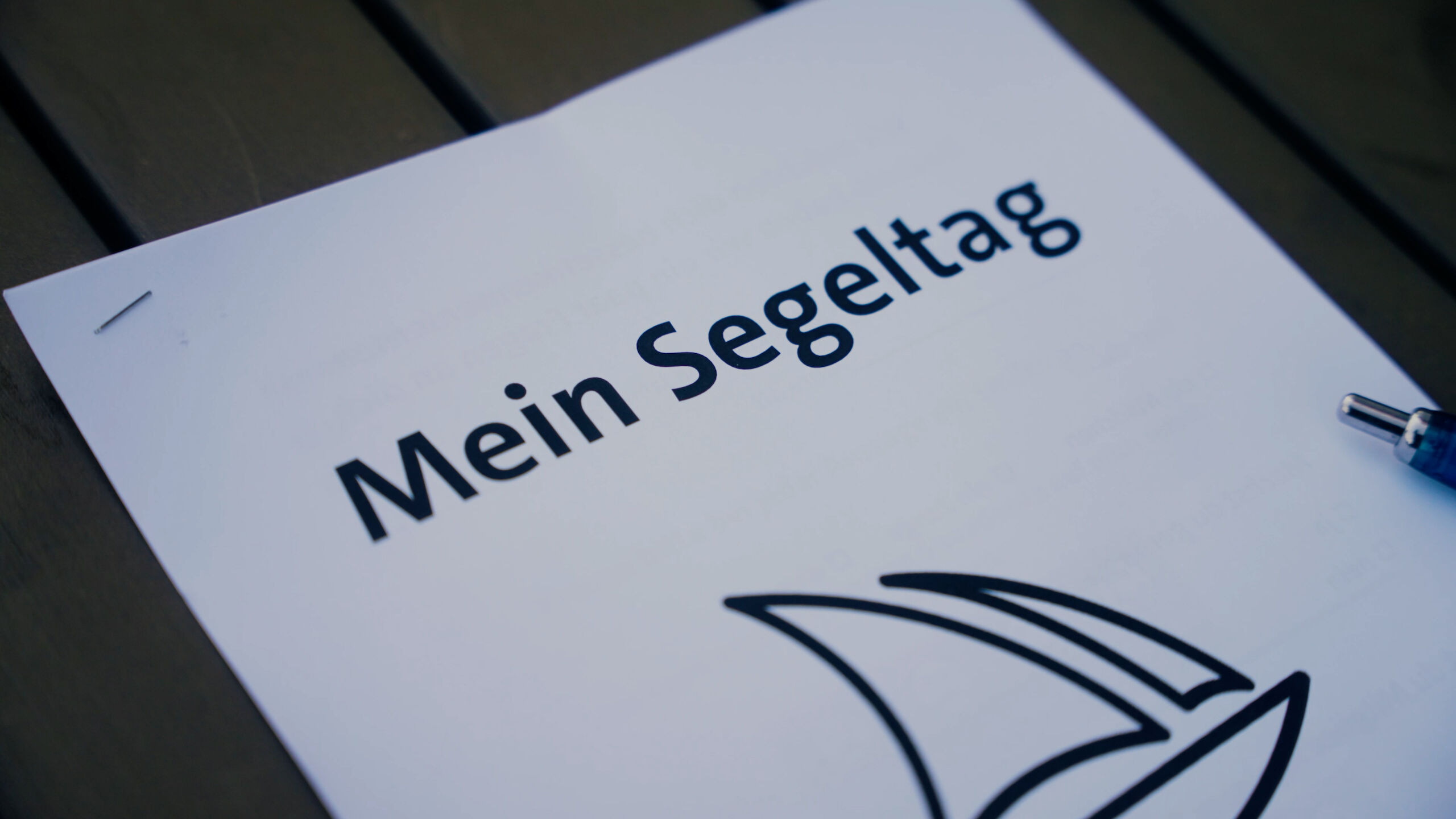
Scientific workSupport of our activities by the Universities of Hamburg and Flensburg
Joined sport activities for people with and without disabilities and the scientific research of these activities are still rare (Greve, 2021; Radtke, 2018). This explicitly applies to sailing as a (formerly) Paralympic sport, although it has recently developed in an inclusion-oriented manner (Bükers, et al. 2022; Kröger undated; Willis et al., 2018).
The evaluation of the inclusion-oriented TURNING COURSES of the TURNING POINT Foundation by the two universities can be described as a novelty for the German-speaking sports science discourse. So far, there are no empirical studies on sailing offers that explicitly address children and young adults who are affected by social disadvantage or disability and whose participation in sailing and beyond in society is to be promoted.
Guided by the TURNING POINT Foundation's interest, the following questions are brought into focus in the logbook "My Sailing Day" developed for this purpose:
- Who participates in the TURNING COURSE (survey of demographic factors)?
- To what extent does participation in the TURNING COURSE influence the "self-confidence" of the participants?
- What about the interest, willingness to make an effort and motivation of the participants?
- How do the participants experience and interpret their participation in the TURNING COURSE?
- What conditions for success and failure currently exist from the participants' point of view?
First results summarized:
The first evaluations of the logbooks by the Universities of Hamburg and Europa-Universität Flensburg show that the TURNING COURSE have significantly positive effects on the perceived experience of self-efficacy. While the participants' analysis highlights numerous positive aspects of the TURNING COURSE, it also identifies areas with potential for improvement. Therefore, the TURNING POINT Foundation also uses the knowledge gained annually since 2022 to continuously optimize the TURNING COURSES and to strengthen the effects of promoting self-efficacy and other relevant parameters.
